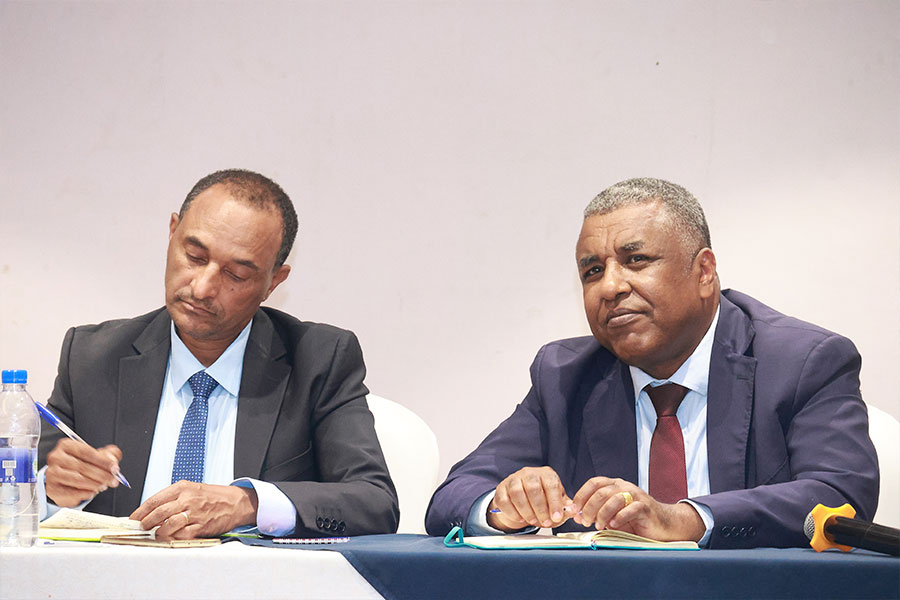

Challenges of successfully implementing vertical integration strategies prompted lively discussions from stakeholders in the coffee supply chain while championing the approach for boosting coffee exports and enriching the lives of coffee farmers. A staggering 90pc of Ethiopia's 1.3 billion dollars coffee export revenues in 2023 originated from such arrangements, with the remainder facilitated through the Ethiopian Commodity Exchange (ECX). A recent meeting at the Elily Hotel, near Guinea Conakry St., brought stakeholders together to dissect the challenges and opportunities with Adugna Debela (PhD), head of the Ethiopian Coffee & Tea Authority, asserting that vertical integration has led to a significant increase in coffee cultivation area, jumping from 756,000hct to roughly 1.1 million hectares in four years. However, the rosy picture painted by Adugna is not without its critics. Coffee supplier Nigussie Gemeda contests the claim of improved livelihoods for farmers, highlighting the persistent presence of intermediaries and brokers who continue to siphon off substantial profits. Prominent exporters like Israel Degega, CEO of the Kerchanse Group, echo concerns about inadequate financing within the system, acknowledging the potential misuse of preferential loan programs by some exporters. Adugna acknowledged contract defaults, exaggerated offers, and delayed payments as lingering challenges that prevent vertical integration from reaching its full potential.
[ssba-buttons]